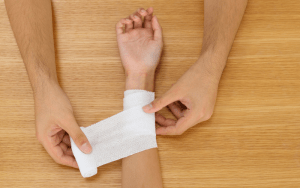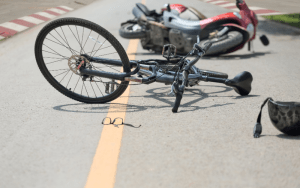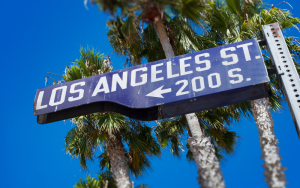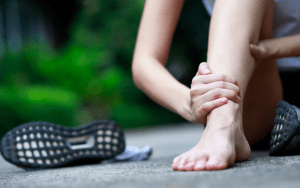Just recently, a California state correctional officer brought a claim against California after he fell on a defective concrete step when he was walking to work from an apartment he was renting on prison grounds. Since he was on the employer’s premises when he was injured, however, taking a civil action was barred. Many of these cases become very skewed when it becomes difficult to figure out who should be held liable. In this case, a lot should be taken into consideration, such as whether or not the correctional officer was working in a course of employment when the injury took place. The simple question is this: Who should be held liable for the injuries? and Can you prove it?
Gaining a Better Understanding of Premises Liability
Regardless of the property, if somebody is entering onto it, there should be a reasonable expectation that they will be kept safe from all injury. This makes property owners responsible for maintaining a relatively safe environment no matter what the cost. For example, what if somebody is delivering mail on your property and they fall in a giant hole on your property that you put there? Shouldn’t you have put out some type of warning to prevent this from happening? Property owners, under premises liability, will be held liable for accidents and injuries occurring on their property. These cases are very common, especially for slips and falls.
Liability really depends on what your specific state enforces. However, in many states, it will depend on the status of the visitor to the property. In those cases, the Invitee, Licensee, or Trespasser is considered. Here are each of these determinations, explained:
Invitee: These are people who are invited onto the property, such as those who buy from a store. In these cases, the property owner promises to assure the safety of the premises to the best of their ability.
Licensee: These types of visitors come for their own purpose. They can often be classified as social guests, or those who are welcome visitors to the property.
Trespasser: These people enter without any right whatsoever. There is no promise to a trespasser that reasonable care should be taken.
The Condition of the Property
The condition of the property at the time of the accident is very important in many cases. The standard is very simple: If your property is open to visitors, taking the steps to ensure the property is safe. Many factors will be taken into consideration when an accident occurs. This includes the circumstances under which the visitor entered the property, foreseeability of the accident, and reasonableness to warn the visitors.
Of course, special rules may also apply when both parties are at fault for an accident occurring on the property. Not only does the property owner have to keep the property safe, but a visitor must also exercise reasonable care to assure that they do not become injured. This is where the comparative fault system comes into play, to reduce the amount of money that a property owner has to pay toward the injuries.
There are many different instances that can occur when you are involved in an accident on someone else’s property. This is why it is a good idea to grasp a firm understanding of the laws before you get involved in a case. To do this, you should speak to an experienced attorney. Call us today at RAWA Law Group for more information.





